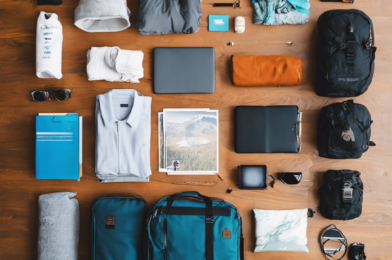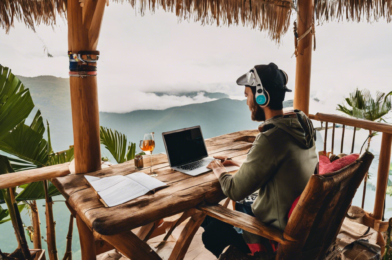Traveling can be expensive, but it doesn’t have to break the bank. With careful planning and a few clever strategies, you can explore new places and create lasting memories without spending a fortune. So, whether you’re a budget-conscious traveler or simply looking to stretch your dollars further, here are some money-saving travel tips to help you explore the world on a dime.
Firstly, let’s talk about transportation, which is often one of the biggest expenses when traveling. Instead of always opting for flights, consider taking a bus or train. These ground transportation options are usually much cheaper, and you can save even more by booking in advance. For longer journeys, overnight buses or trains can also save you the cost of a night’s accommodation. If you do need to fly, be flexible with your travel dates and consider using a flight comparison website to find the best deals.
Accommodation is another area where you can save significantly. Rather than solely relying on hotels, look into alternative options such as hostels, Airbnb, or couch surfing. Hostels offer a great opportunity to meet fellow travelers and often have private rooms available if you prefer more privacy. Airbnb can provide unique and affordable stays, especially if you’re traveling with a group and can split the cost. Or, if you’re feeling adventurous, try couch surfing, where you can stay with locals for free and gain insider knowledge of the area.
When it comes to food, eating out for every meal can quickly add up. Instead, opt for accommodations that offer a kitchen, allowing you to prepare some of your meals. This doesn’t mean you can’t indulge in the local cuisine; just balance it out with some cheaper meals. Picnics and street food are also great options for tasting local flavors on a budget. And don’t forget to carry a reusable water bottle, so you don’t have to buy water constantly.
Many attractions also offer discounted or free entry on certain days, so be sure to check their websites or ask locals for insider tips. For example, many museums have suggested admission fees, allowing you to pay what you wish, and some offer free entry on specific days of the week or month. Planning your visits around these timings can significantly reduce your expenses.
If you’re visiting a city, investing in a city pass or tourist card can also save you money. These passes typically offer discounted or free entry to a range of attractions, as well as transportation benefits. Just be sure to do the math and ensure that the pass will indeed provide value for your specific itinerary.
Another great way to save money is to travel with a companion. From splitting accommodation costs to sharing transportation expenses, having a travel buddy can significantly reduce your overall spending. So, consider planning your next trip with a friend or family member who shares your love for exploration.
And lastly, don’t forget to make use of your student or senior citizen status, if applicable. Many attractions and transportation providers offer discounts for students and seniors, so be sure to carry valid identification and ask about any applicable concessions.
By following these money-saving travel tips, you’ll be able to explore the world more affordably and efficiently. So, start planning your next adventure and make lasting memories without breaking the bank!
Remember to always do your research, be flexible, and keep an eye out for deals. With a bit of creativity and planning, you can make your travel dreams a reality on a budget that works for you. Happy travels!
(Feel free to add any personal stories or additional tips based on your own travel experiences to give the article a unique touch!)



